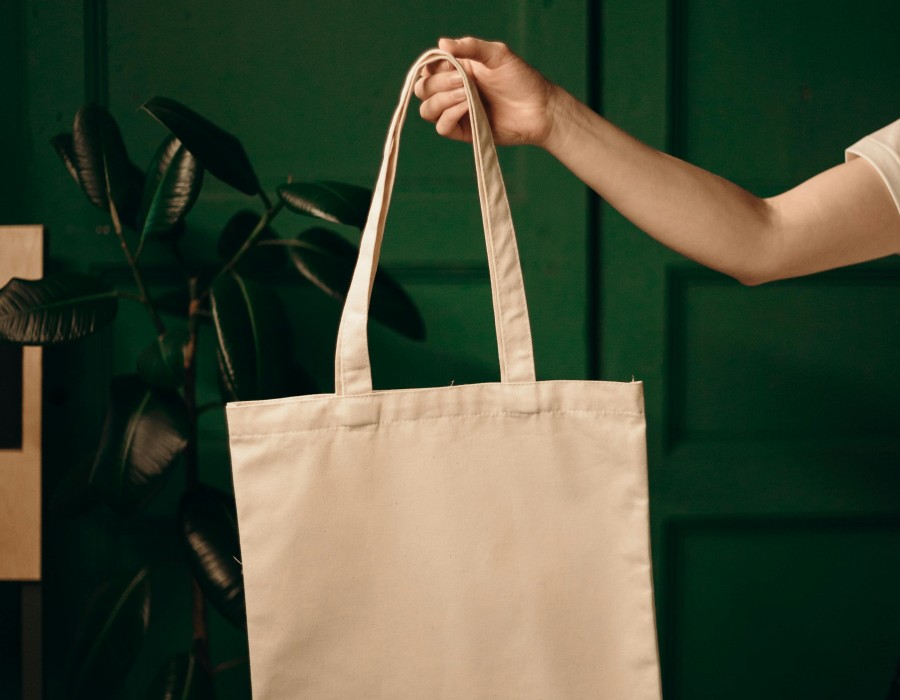The packaging industry transforms as sustainability becomes a defining factor in business practices. Biodegradable poly and biodegradable garment bags are emerging as essential solutions for companies seeking to reduce their environmental footprint. With increasing consumer demand for eco-friendly packaging and tightening regulations around plastic waste, biodegradable alternatives offer a functional and sustainable path forward.
What Are Biodegradable Poly Bags and Garment Bags?
Biodegradable poly bags and garment bags are designed to perform the same functions as traditional plastic packaging. Still, with a key difference—they decompose naturally and leave behind no harmful pollutants. These bags are made from plant-based materials or other biodegradable polymers that break down when exposed to environmental conditions like heat, moisture, and microorganisms.
The shift to biodegradable options is significant for garment bags, widely used in the fashion and retail industry to protect clothing during transport. Traditional plastic garment bags can persist in the environment for hundreds of years, but biodegradable versions decompose much faster, helping reduce long-term plastic waste.
Environmental Benefits of Biodegradable Packaging
Switching to biodegradable poly and garment bags offers many environmental benefits, making them the preferred choice for eco-conscious businesses. One of the primary advantages of biodegradable poly and garment bags is their ability to break down naturally. Traditional plastics contribute to the growing problem of ocean pollution and overflowing landfills. In contrast, biodegradable options decompose within months to a few years, depending on the material, leaving behind no toxic residue.
The production of biodegradable bags typically involves lower carbon emissions compared to traditional plastics. Many biodegradable materials emanate from renewable resources, such as corn starch or sugarcane, which have a lower environmental impact throughout their lifecycle. This helps businesses reduce their carbon footprint, creating a more sustainable future.
Why Biodegradable Garment Bags Matter in Fashion
Switching to biodegradable garment bags allows fashion brands to meet these expectations while still maintaining the quality and protection of their products.
Protecting the Environment While Preserving Style
Biodegradable garment bags are designed to be just as durable and protective as traditional plastic bags, ensuring that clothing arrives in perfect condition. However, unlike their plastic counterparts, these bags won’t contribute to environmental damage once disposed of. This is especially important for luxury and fast-fashion brands looking to enhance their sustainability efforts without compromising quality.
Aligning With Consumer Values
More than ever, consumers expect the brands they support to take meaningful steps toward sustainability. Fashion brands that fail to address their environmental impact risk alienating a growing base of eco-conscious shoppers. By integrating biodegradable garment bags into their packaging process, companies can signal their commitment to reducing waste and protecting the planet. This shift can also help brands differentiate themselves in a crowded market, attracting consumers who prioritize sustainability when purchasing.
Meeting Regulatory Requirements
As governments worldwide implement stricter regulations on plastic waste, businesses are under increasing pressure to find alternatives to traditional plastic packaging. Many regions have banned or restricted single-use plastics, and more are likely to follow suit in the coming years. Biodegradable poly bags and garment bags provide a solution that helps businesses comply with these regulations while maintaining operational efficiency. Companies that proactively switch to biodegradable options are not only future-proofing their operations but also avoiding potential fines and penalties associated with non-compliance.
Conclusion
Biodegradable poly and garment bags offer businesses a powerful way to reduce their environmental impact without sacrificing quality or functionality. As consumers become more concerned about sustainability and governments enforce stricter regulations on plastic waste, the demand for biodegradable options will continue to grow. The future of packaging is sustainable, and businesses that embrace biodegradable options will be well-positioned for success in a rapidly changing market.





Comments